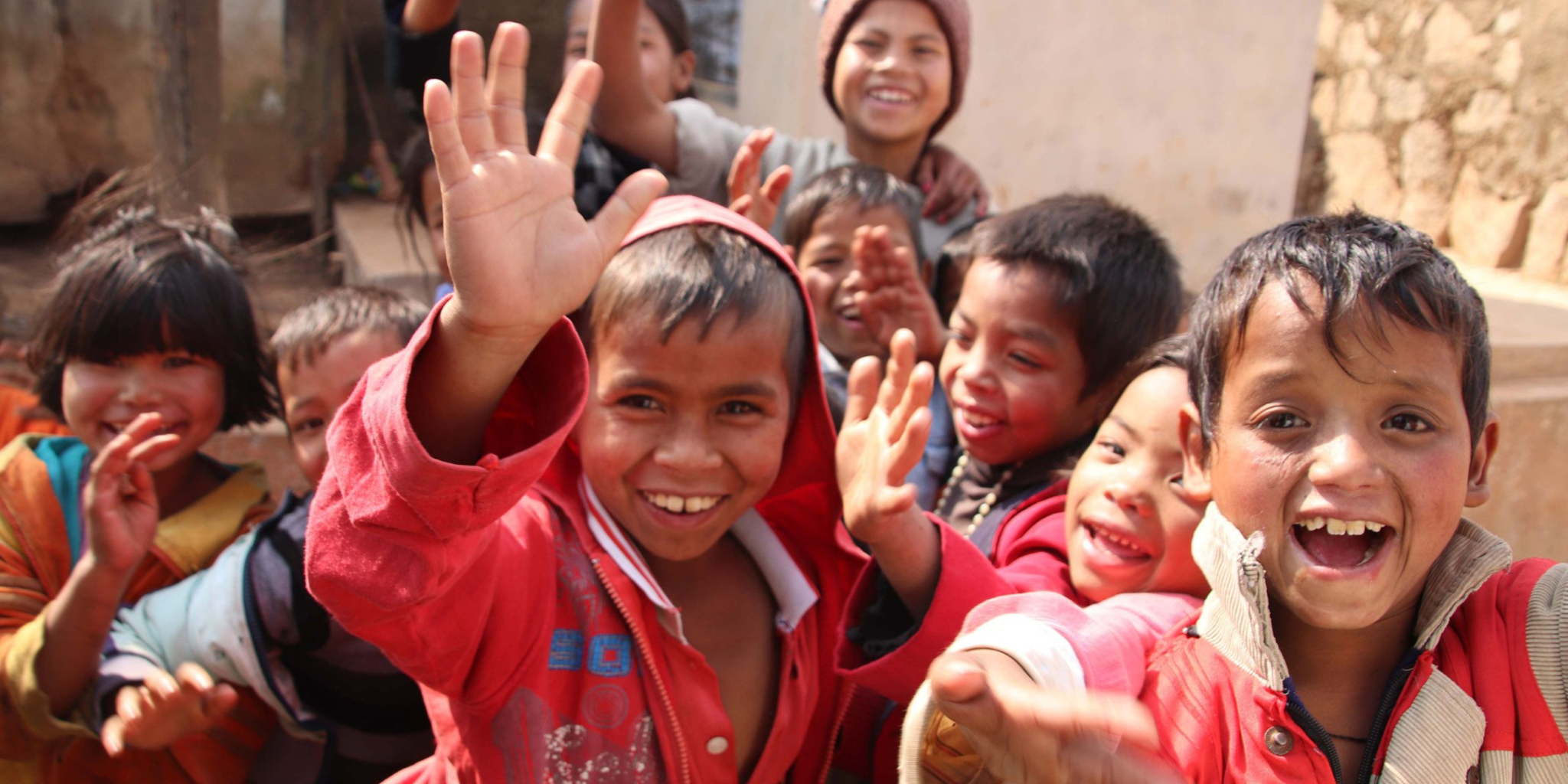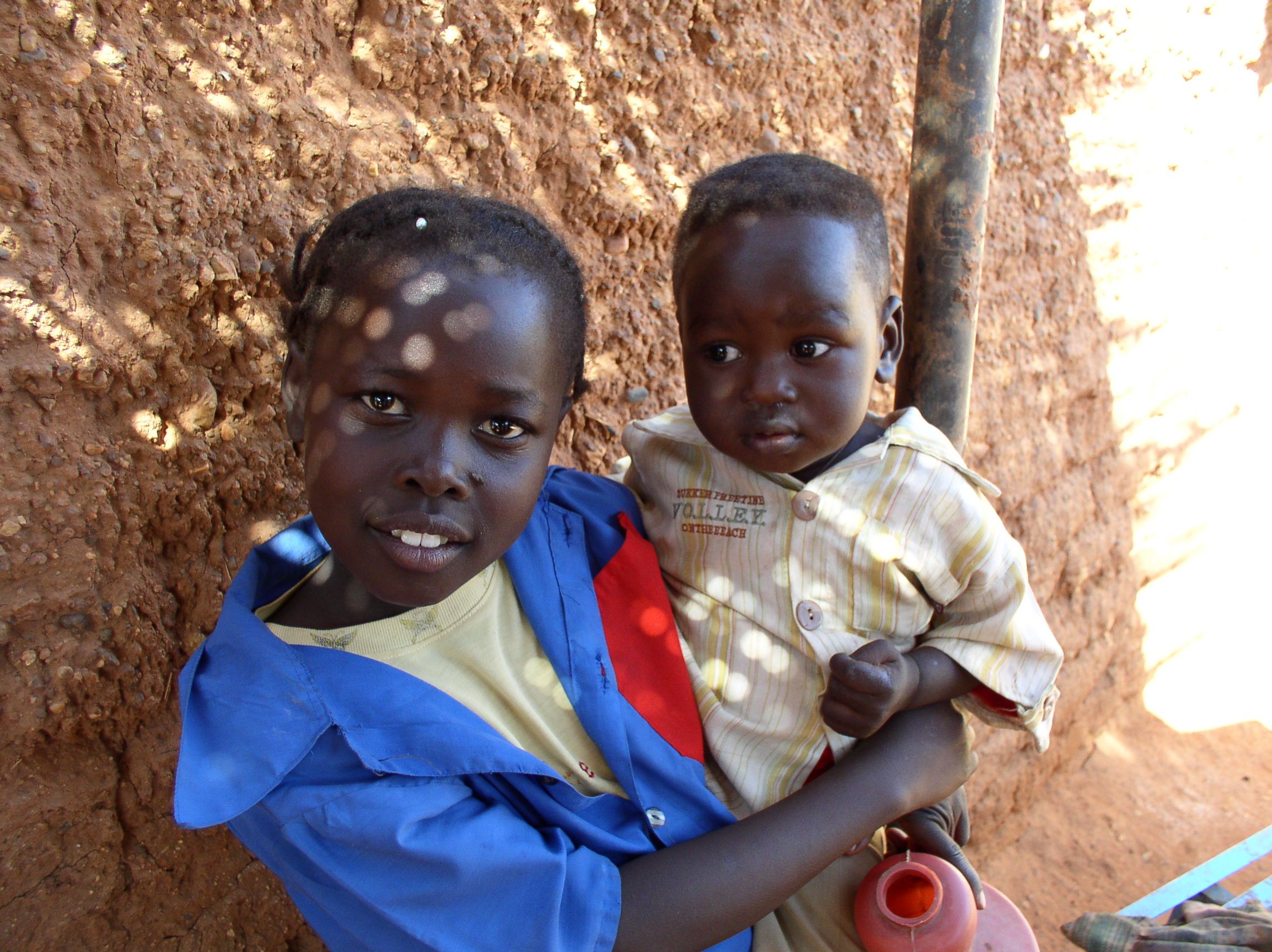Twinning is the way in which SVP groups in developed countries provide support to SVP groups in developing countries. SVP England and Wales is currently 'twinned' with groups in India, Sudan, South Sudan, Grenada, Guyana and Romania.
In keeping with the Society’s principles, support is provided by members of the local SVP in each country on a person-to-person basis and each local SVP group decides how funds can be used most effectively to support those in need. The financial support received by SVP groups in developing countries enables them to provide immediate emergency aid to those in need as well as financing longer term projects and schemes that help the local communities to become self-sufficient.


